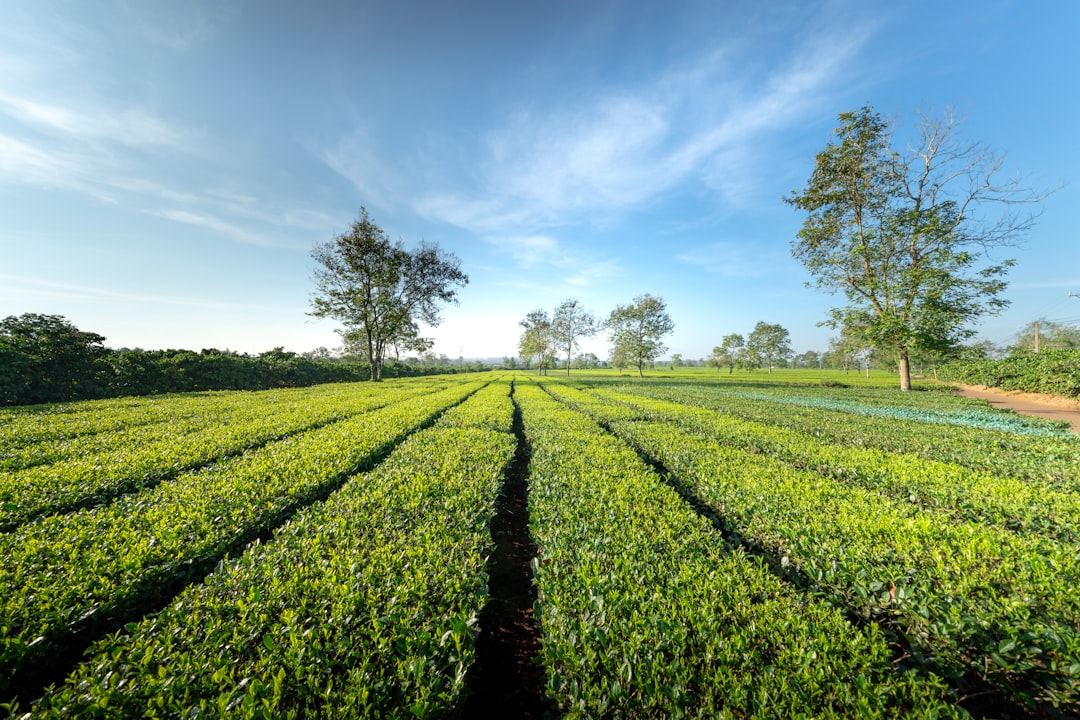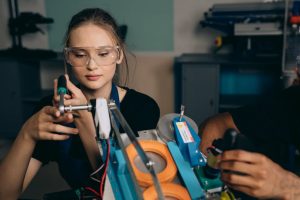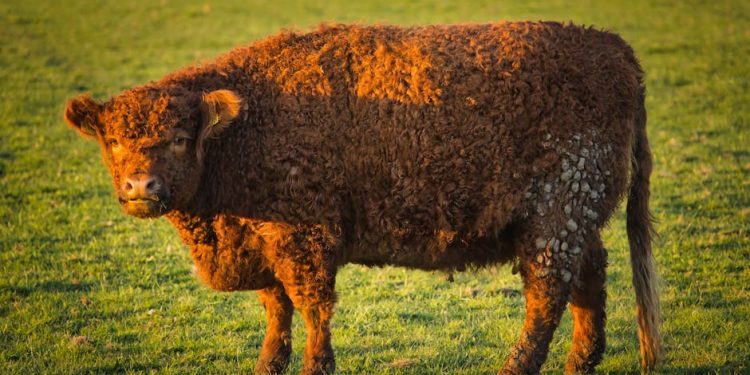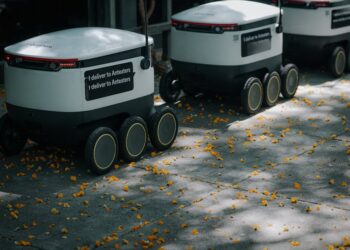No products in the cart.
Harnessing AI for a Sustainable Agricultural Future
AI is revolutionizing agriculture, ensuring food security for a growing global population through innovative technologies.
The intersection of artificial intelligence and agriculture is no longer a distant future; it is happening now. Farmers around the world are leveraging advanced technologies to monitor soil, optimize crop yields, and ensure sustainable practices. As the global population is expected to reach nearly 10 billion by 2050, the agricultural sector faces unprecedented challenges. AI is emerging as a critical tool in this fight for food security.
The Rise of AI in Agriculture
AI applications in agriculture include soil monitoring systems, drone technology for spraying, and predictive analytics for crop management. For instance, precision agriculture, which utilizes AI to analyze data from various sources, has gained traction. According to a report by Fortune Business Insights, the global precision farming market is projected to grow from $8.5 billion in 2021 to $23 billion by 2028, at a compound annual growth rate (CAGR) of 15.2%[1].
Soil monitoring is a primary focus of AI integration. Sensors embedded in fields gather data on moisture levels, pH, and nutrient content. This information allows farmers to make informed decisions, reducing waste and enhancing crop productivity. Companies like IBM and The Climate Corporation are at the forefront, offering platforms that provide actionable insights to farmers[2].
 sustainable Agricultural Future” loading=”lazy” />
sustainable Agricultural Future” loading=”lazy” />Drone Technology and Sustainable Practices
 Education
EducationGATE 2026 Exam Schedule Announced for MTech and PhD Aspirants
The GATE 2026 exam schedule has been released, starting February 7, 2026. This is crucial for MTech and PhD aspirants…
Drone technology has revolutionized how farmers manage their fields. Equipped with AI, drones can efficiently survey large areas, identify problem spots, and even apply pesticides or fertilizers with pinpoint accuracy. This not only saves time but also minimizes environmental impact. A study from the American Society of Agricultural and Biological Engineers found that drone-assisted spraying can reduce chemical use by up to 90%[3].
Future Job Paths in AI-Driven Agriculture As AI reshapes the agricultural landscape, new career paths are emerging.
The benefits extend beyond efficiency. AI-driven insights help farmers adopt sustainable practices. For example, algorithms can predict the best times for planting and harvesting by analyzing weather patterns, soil conditions, and crop cycles. This proactive approach not only maximizes yield but also conserves resources, aligning with global sustainability goals.
Future Job Paths in AI-Driven Agriculture
As AI reshapes the agricultural landscape, new career paths are emerging. The demand for skilled professionals who can develop, implement, and maintain these technologies is on the rise. Roles such as data analysts, AI specialists, and agronomists with tech expertise are becoming crucial. According to the World Economic Forum, the agricultural sector could see a net increase of 1.1 million jobs by 2025 due to the adoption of AI technologies[4].
Educational institutions are responding. Programs focusing on agricultural technology, robotics, and data science are proliferating. Universities like Cornell and UC Davis are leading initiatives to equip students with the necessary skills for this evolving job market. Additionally, online platforms are offering courses tailored to professionals seeking to upskill in AI and agriculture.
 Artificial Intelligence
Artificial IntelligenceNavigating Career Growth in the Age of AI and Entrepreneurship
Discover how artificial intelligence and entrepreneurship are transforming career landscapes, offering unprecedented opportunities for growth and innovation.
Read More →Challenges and Considerations
Despite the promising future, the integration of AI in agriculture is not without challenges. Data privacy and ownership remain contentious issues. Farmers may be hesitant to share sensitive information with tech companies, fearing loss of control over their operations. Additionally, the initial investment in AI technologies can be prohibitive for small-scale farmers. Ensuring equitable access to these innovations will be crucial for widespread adoption.
Moreover, there is a pressing need for regulatory frameworks that govern the use of AI in agriculture. Governments must work closely with industry stakeholders to create policies that foster innovation while protecting farmers’ rights and promoting environmental sustainability.
Universities like Cornell and UC Davis are leading initiatives to equip students with the necessary skills for this evolving job market.
A sustainable future Awaits
The convergence of AI and agriculture holds significant promise. With the right investments in technology and education, the agricultural sector can not only meet the demands of a growing population but also do so sustainably. As we look ahead, it is clear that the future of farming will be defined by those who embrace innovation and adapt to change.
 News
NewsForeign Universities Can Now Set Up Campuses in India: UGC
Career Ahead The National Education Policy (NEP), 2020, has envisioned that top universities in the world will be facilitated to…
Read More →For young professionals and students, this is an opportune moment to enter the field. The intersection of technology and agriculture presents a unique chance to make a meaningful impact on food security and environmental sustainability. By acquiring skills in AI, data science, and agricultural practices, the next generation of leaders can help shape a more sustainable agricultural future.











